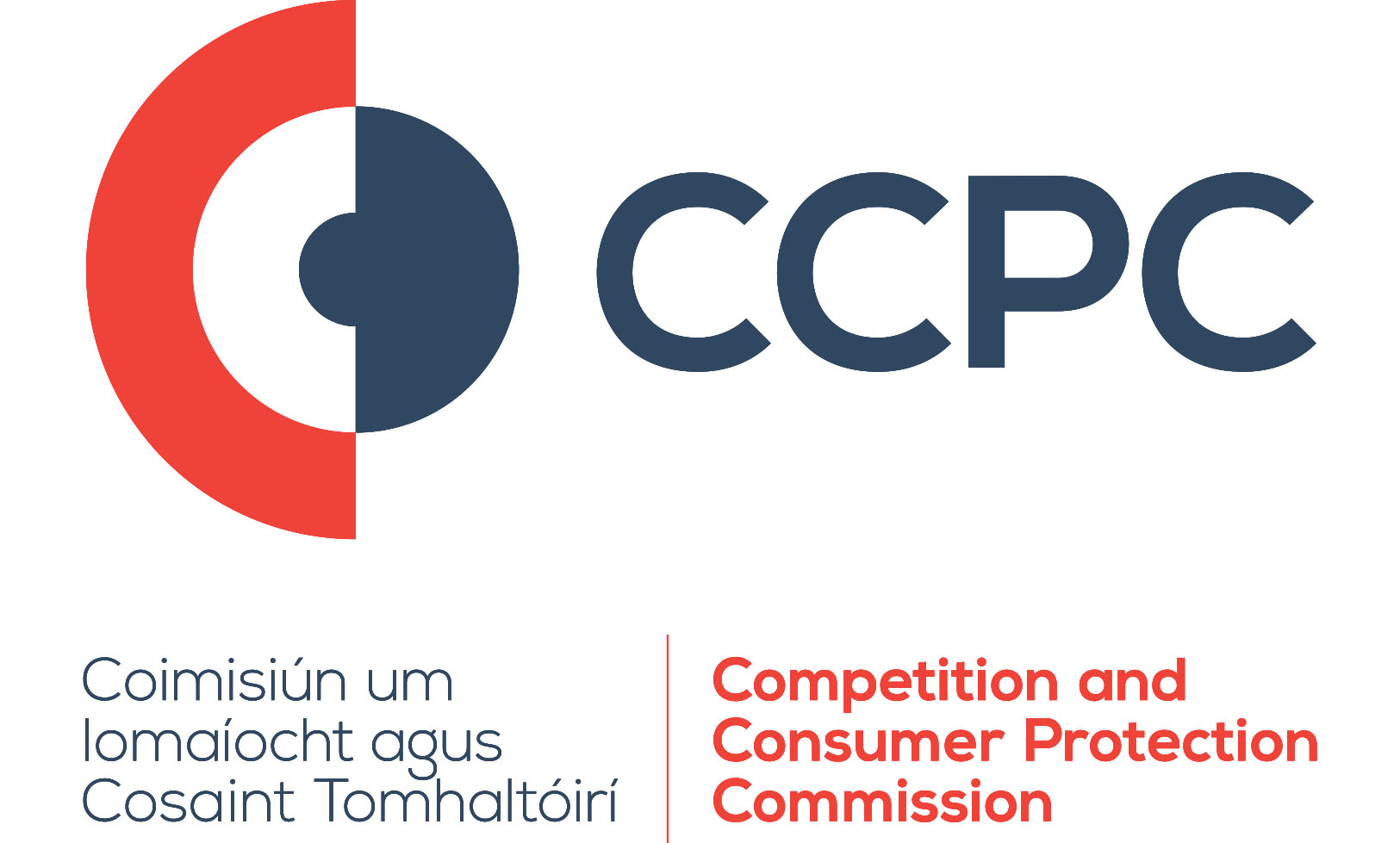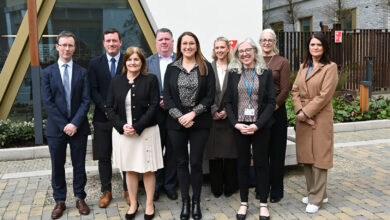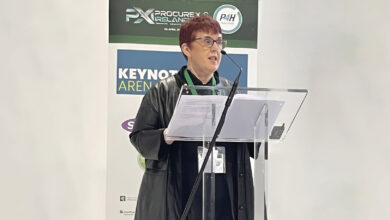Cracking down on bid-rigging

Anti-competitive conduct can cause very significant harm to Ireland’s economy, businesses and consumers, writes Úna Butler, Commission Member of the Competition and Consumer Protection Commission (CCPC).
One of the Competition and Consumer Protection Commission’s (CCPC’s) primary objectives is the detection and investigation of cartels, which includes price fixing, market sharing and bid-rigging. These are serious criminal offences, currently punishable, upon conviction on indictment, by a fine of up to €50 million or 20 per cent of turnover in the 12 months prior to conviction and, in the case of an individual, imprisonment for up to 10 years or to both the fine and imprisonment. A company director can also be disqualified for five years.
Bid-rigging is considered a serious form of anti-competitive conduct worldwide because it undermines fair, competitive tendering processes, especially in public procurement, where large amounts of money are generally involved in public service contracts. The name bid-rigging, or tender collusion, is self-explanatory, in that it involves cartelists coming together to collude and ‘rig bids’ and agree who will win a tender, with the agreed winner telling the other cartel members what prices they should submit in order to try and ensure that the agreed winner’s bid wins.
In an open tender competition, contracts are won on the basis of competitive bids. Suppliers compete by tendering the lowest price at which they are willing to provide goods or services. In bid-rigging cases, however, the winning price is often higher. Bid-rigging can also reduce the range and quality of goods and services available. In public procurement, competitive tendering is the most common means of getting value for money, but it is difficult to assess incidences of bid-rigging (as large efforts are made to keep cartel conspiracies hidden). If a public body is overpaying, then the State, its citizens and undertakings (businesses) are worse off. Extra costs can result in fewer public services being delivered and taxpayers end up paying more for those services.
Research shows that cartels last, on average, four to seven years. They also result in purchasers paying between 20 per cent and 30 per cent more for goods and services. With a public procurement budget in the region of €18.5 billion per year, bid-rigging cartels can impose a significant cost on the public purse in Ireland.

Finding cases of bid-rigging in Ireland largely depends on people reporting it to the CCPC, or cartel members seeking immunity from prosecution through the Cartel Immunity Programme (which the CCPC operates in conjunction with the Director of Public Prosecutions (DPP)) and/or the CCPC’s Administrative Leniency Policy. Without the right information and data, it is much harder for the CCPC to actively find bid-rigging.
One of the main ways other countries detect bid-rigging is by allowing competition agencies to screen public procurement tender data to try to spot signs of collusion. Many countries, including Brazil, Denmark, Portugal, Spain, Switzerland, the United States, and South Korea, have already begun this type of screening.
Collecting such information will bring other benefits, for example, it can be indicative of patterns and trends developing in the cost of goods and services. This information could also be used by officials buying goods and services to understand what prices are being paid across markets.
Published in December 2020, the Hamilton Review Group Report on structures and strategies to prevent, investigate and penalise economic crime and corruption recommended new laws to: (i) create a specific offence of bid-rigging, and (ii) enable the collection, collation and analysis of public procurement data to detect and deter bid-rigging.
The first of these recommendations was implemented in 2023, making bid-rigging a specific criminal offence under Irish law. New legislation is needed to implement the second recommendation, to allow the CCPC to access public procurement data for screening purposes from public procurers, such as the Office of Government Procurement (OGP) and other state departments and local government.
Concern among European and international bodies about bid-rigging in public procurement is not new. Bid-rigging is an illegal practice in all OECD (Organisation for Economic Co-operation and Development) member countries and can be investigated and sanctioned under their respective competition laws.
The OECD’s Recommendation on Fighting Bid-Rigging in Public Procurement sets out the policy standard for prevention and detection of bid-rigging in public procurement, where it:
- encourages the development of procurement databases and screening to detect bid-rigging cartels;
- supports co-operation between organisations involved in competition, public procurement, and criminal investigations; and
- highlights the need for assessing framework agreements, centralised purchasing, joint bids and subcontracts as possible collusion risks.
The European Commission also recommends creating databases on businesses that have been involved in collusion in the past. A large amount of procurement data is being created continuously from a variety of sources. Artificial intelligence (AI), algorithms and/or machine learning can be used to collect and analyse data from procurement databases to help uncover suspicious tenders and/or patterns in public procurement datasets.
The CCPC is a member of the European Competition Network Digital Investigations and Artificial Intelligence Working Group and has built up a strong network of contacts with colleagues in other competition authorities across the EU. The CCPC is working with European colleagues on a project to develop screening tools to help identify potential collusion in public tenders.
These tools, along with the introduction of legislation to allow the CCPC to screen public procurement data, for instances of potential collusion and possible bid-rigging, should contribute greatly towards the fight against harmful bid-rigging cartels.

W: www.ccpc.ie





